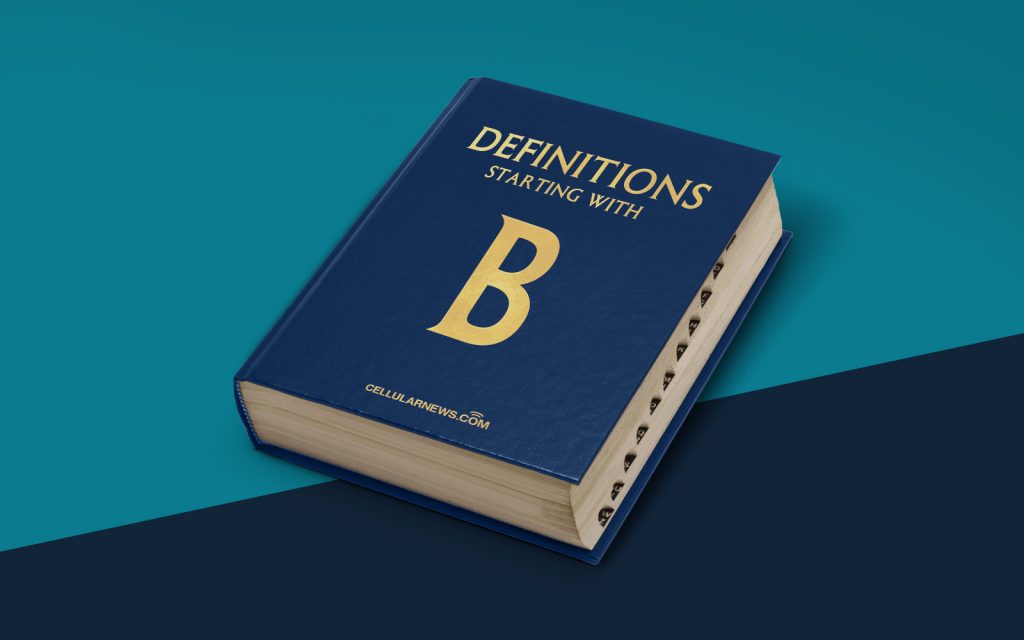
What is a Block?
Welcome to our “DEFINITIONS” series, where we provide clear and concise explanations of various concepts in the world of technology. In this article, we will unravel the mystery behind the term “block”. So, what exactly is a block?
A block, in the context of technology and computing, can refer to different things depending on the specific field or industry. However, in this post, we will focus on the most common use of the term—blocks in blockchain technology.
Key Takeaways:
- A block is a fundamental component of blockchain technology, which is a decentralized and transparent digital ledger.
- Blocks contain a set of verified transactions and other important information.
In the revolutionary world of blockchain, a block can be thought of as a container or a unit of information. It is like a digital building block within the blockchain, a chain of blocks that hold a record of transactions or any other type of data.
Here are some important features and characteristics of a block:
- Data Repository: A block can store a specific amount of data, which is usually a collection of verified transactions.
- Header: Each block contains a header that holds essential information such as a unique identifier (hash), timestamp, and other metadata.
- Previous Block Reference: A block includes a reference to the previous block’s hash, which establishes a chronological order and creates the “chain” in blockchain.
- Mining: Blocks are mined by network participants (known as miners) who perform complex calculations to validate and add new blocks to the blockchain.
- Immutable: Once a block has been added to the blockchain, it becomes extremely difficult to alter or tamper with its contents, ensuring the security and integrity of the data.
By organizing data into blocks and linking them together, blockchain technology enables transparent and decentralized record-keeping. This innovation has revolutionized various industries, including finance, supply chain management, and healthcare, among others.
In conclusion, a block is a fundamental component of blockchain technology, serving as a building block that contains verified transactions and other key information. Understanding the concept of blocks is crucial to comprehending the inner workings and benefits of blockchain technology.
We hope this article has shed some light on this important subject. If you have any more questions or topics you would like us to cover in our “DEFINITIONS” series, please feel free to reach out. Stay tuned for more informative content!
